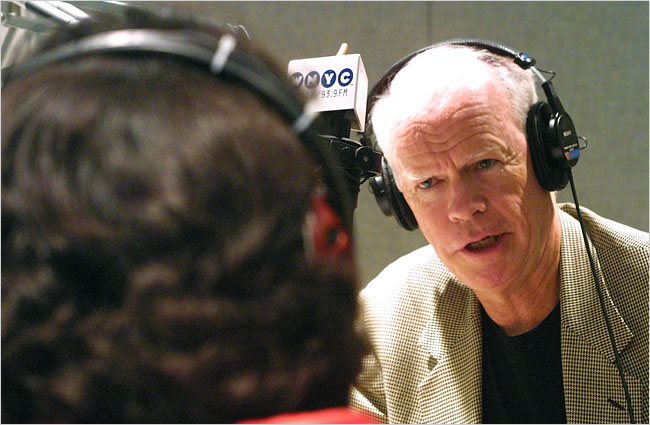In recent discourse surrounding the intersection of healthcare and media, Frederick K. Goodwin has found himself ensnared in a controversy that raises critical questions about the ethical boundaries of financial relationships between medical practitioners and pharmaceutical companies. Could it be that the line between informed opinion and commercial interests has become perilously blurred?
Goodwin, a prominent psychiatrist and radio host, has been flagged for allegedly receiving substantial payments from drug companies. This revelation has ignited a firestorm of scrutiny, particularly as Goodwin has long been positioned as a trusted voice disseminating information regarding psychiatric medications and treatments. The question at hand isn’t merely whether he should have accepted money, but how such financial ties could potentially skew public perceptions and recommendations regarding these drugs.
Since the 1990s, concerns have swelled regarding the ethics of physician and public figure collaborations with pharmaceutical companies. Goodwin’s case exemplifies the overarching dilemma: do financial incentives create conflicts of interest that can compromise medical advice? The potential ramifications are manifold; for instance, should patients be worried that their treatment plans might be swayed by profit rather than patient welfare?
Further complicating this scenario is the broader challenge posed to the integrity of medical journalism. When figures like Goodwin, who wield significant influence over public understanding of mental health, are found to have undisclosed affiliations with drug companies, it casts a shadow over the credibility of expert commentary. It begs the question: how can the public discern between objective information and payola-driven narratives?
The ramifications are not merely theoretical; they weave through the very fabric of healthcare delivery. If trust in medical experts erodes, patients may become hesitant to follow prescribed treatments, leading to detrimental outcomes. Moreover, burgeoning skepticism can deepen the fracture between the public and medical institutions already grappling with issues of transparency and trustworthiness.
As investigations into Goodwin’s financial disclosures unfold, the discourse surrounding ethical conduct in medicine becomes paramount. This situation highlights the pressing need for stricter regulations and clearer guidelines governing the relationships between healthcare professionals and pharmaceutical companies. How can stakeholders—from policymakers to practitioners—address this issue without stifling essential funding for research and development?
In grappling with these challenges, the future of psychiatric care and its representation in media hangs in the balance. Will the dialogue shift towards fostering accountability and transparency, or will it descend into a cacophony of mistrust that ultimately undermines the profession? The answer lies in the hands of both the professionals and the communities they serve, posing a critical challenge that warrants immediate attention.
